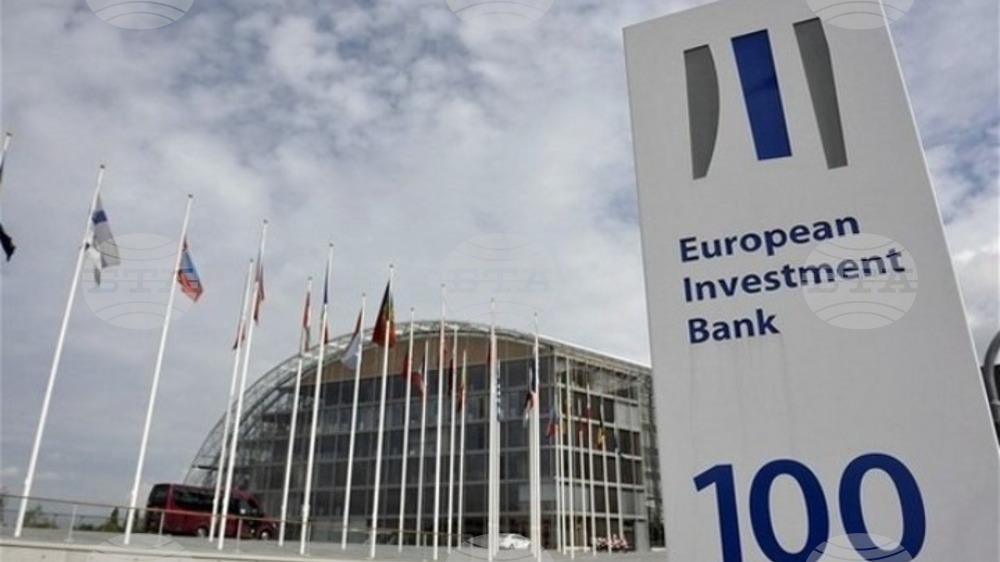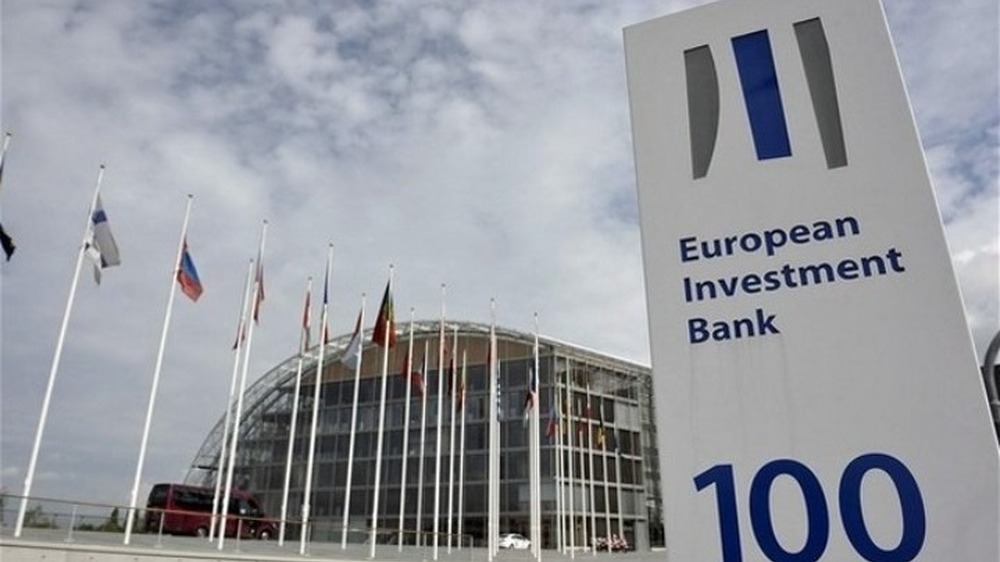site.btaBulgarians Are Aware of Causes, Consequences of Climate Change, but Not How to Counteract It, EIB Research Shows


Bulgarians are aware of the causes and consequences of climate change, but not so much of ways to counteract them, according to the country summary data in the latest European Investment Bank (EIB) climate survey obtained by BTA.
The survey was conducted among more than 30,000 citizens of 35 countries, including EU member states, the United Kingdom, the United States, China, Japan, India and Canada. In the sixth edition of the survey, the EIB examined the extent to which societies are aware of climate change in terms of definitions and causes, impact, and solutions.
Bulgarian respondents scored 6.10 out of 10, which puts them slightly below the EU average of 6.37 out of the maximum 10 points. The ranking is topped by Finland with a score of 7.22, followed by Luxembourg with 7.19 and Sweden with a score of 6.96.
In the first sub-index, which seeks to explore the awareness among citizens about the definition and causes of climate change, Bulgarian participants score 7.19, which is very close to the EU average of 7.21. Regarding the definition of climate change, most Bulgarian respondents (71%) chose the answer "Long-term change in global climate patterns", while 6% of participants found the change to be a hoax.
The survey shows that over three-quarters (79%) of respondents are aware of the impact of human activities on climate change. Another 12% believe the changes are due to extreme natural events such as volcanic eruptions and heat waves, and 9% point to the ozone hole as the cause. When asked about the top three greenhouse gas polluters in the world, most Bulgarians (66%) cited the United States, China and India. However, one-third chose an answer that did not include China.
With their knowledge about the effects of climate change, Bulgarian respondents scored 7.32 points, which is below the EU average of 7.65. A large proportion of Bulgarian respondents (85% per cent) are aware that changes have a negative impact on human health. This is also the share of those who pointed to adverse weather events as the main cause of worsening world hunger.
In terms of the impact of climate change on sea levels, 64% of Bulgarian respondents said that global ocean levels are rising, for 23% the climate has no impact, and for 13% global ocean levels are falling. The majority of Bulgarian respondents (58%, or 11 percentage points below the EU average) are aware of the impact of climate change on migration, which is reflected in an increase in forced global displacement.
In the last category of questions, which aims to examine the understanding in societies around the world of methods to counter climate change, Bulgarian citizens score 3.81 out of a maximum of 10 points. This score is well below the EU average of 4.25.
A large majority of Bulgarian respondents (76%) are aware that using recyclable products can help reduce the effects of climate change. In addition, 62% say that using public transport instead of a private car is a step in the right direction. But a minority (38%) of respondents mention good insulation of buildings as a measure that can reduce human impact on the environment. So far, only a quarter of respondents, 17 p.p. below the EU average, think that buying new clothes less often can also have a positive impact.
There is also a small proportion of those Bulgarian respondents (14% or 12 p.p. below the EU average) who understand that reducing the speed limit on the roads would help mitigate the effects of climate change.
Like most countries in Europe, only a small proportion of Bulgarians (29% or 15 p.p. below the EU average) are able to define an individual's carbon footprint as "the total amount of greenhouse gas emissions emitted by an individual in a year".
/RY/
news.modal.header
news.modal.text